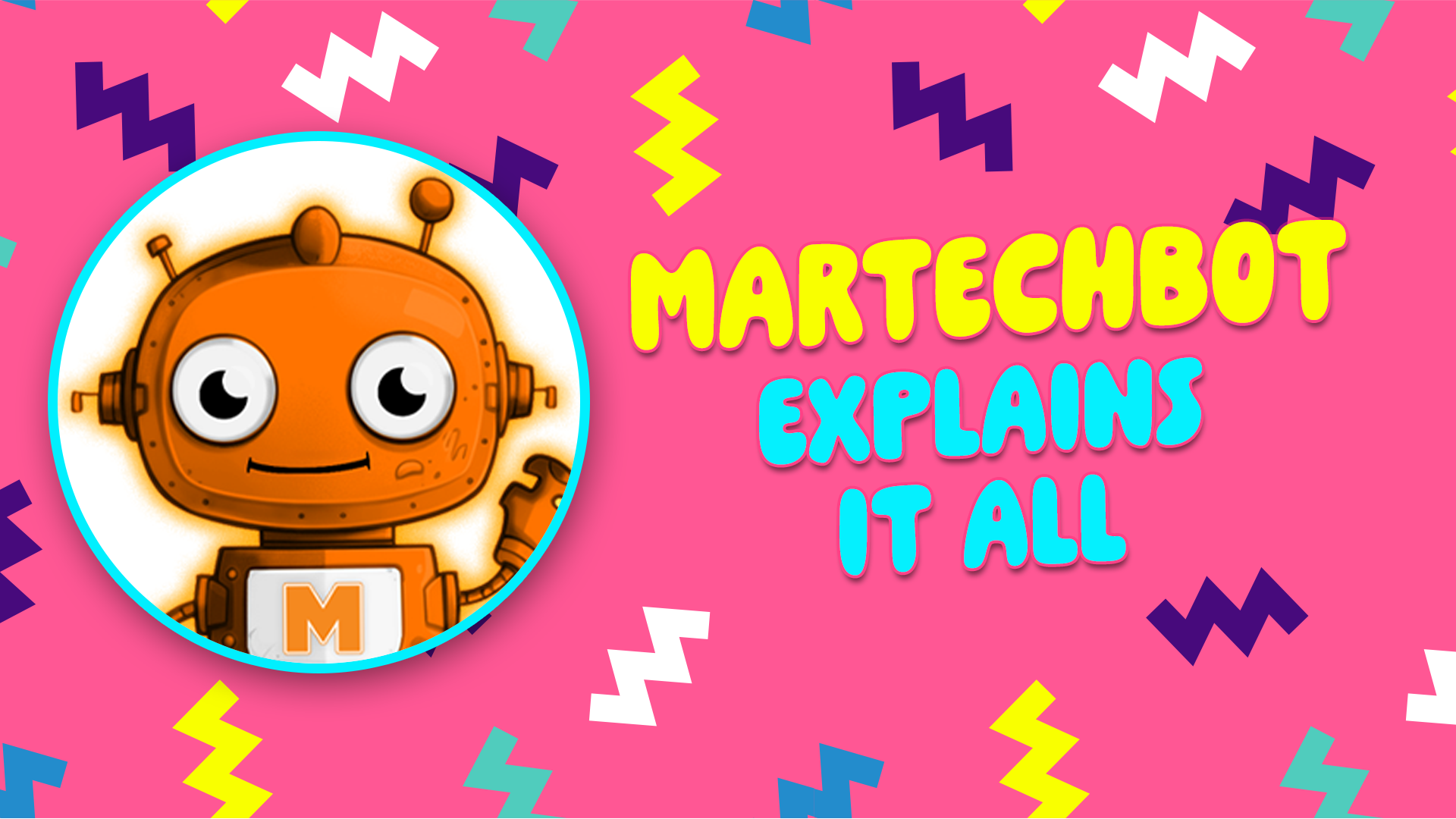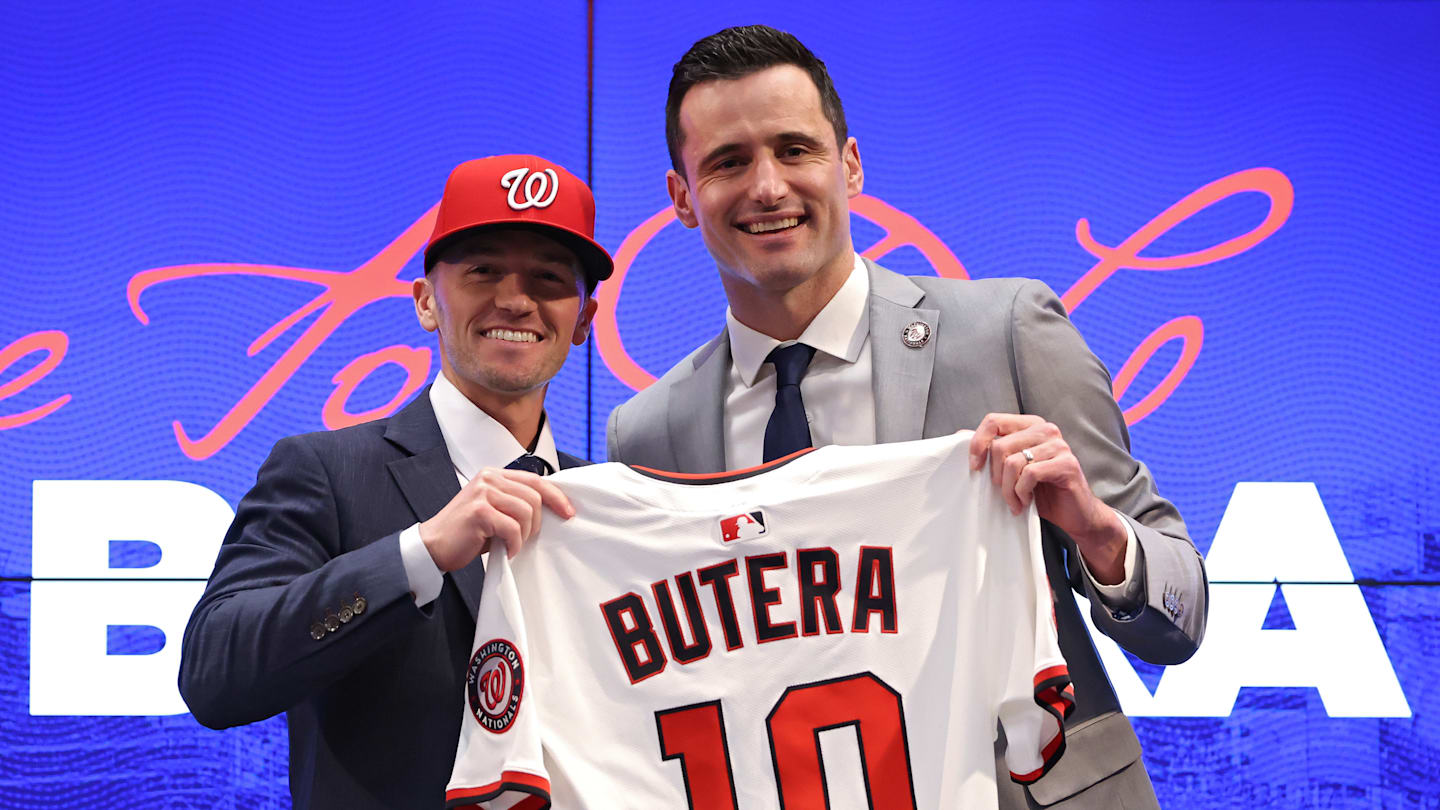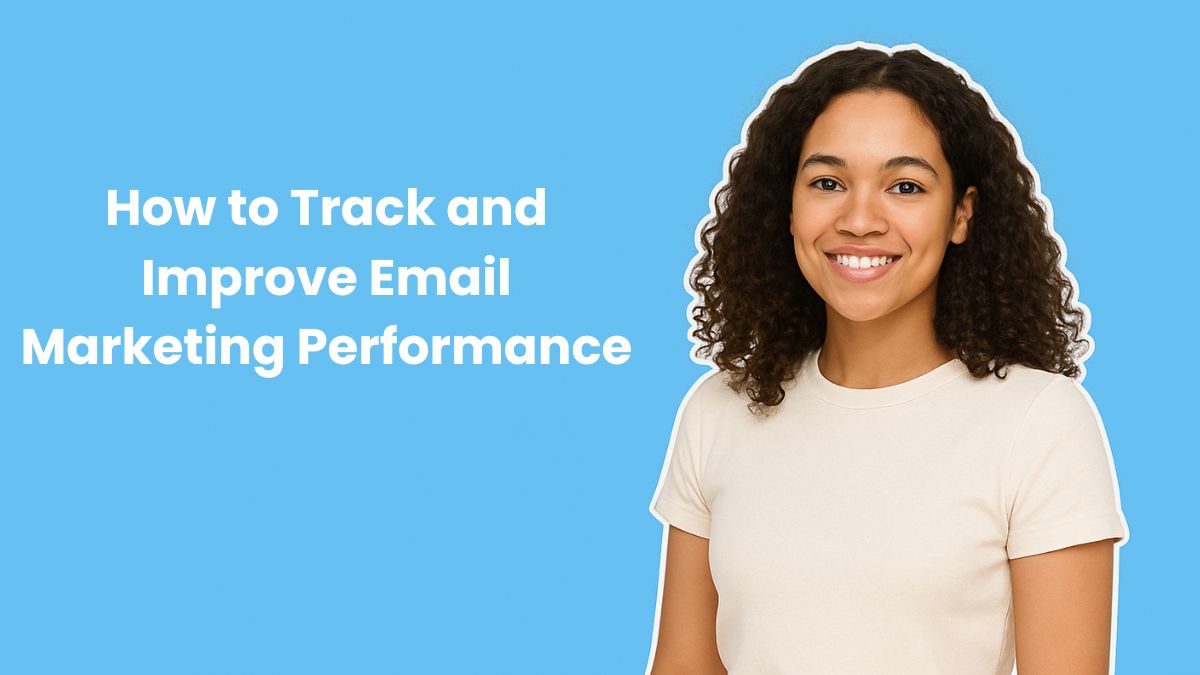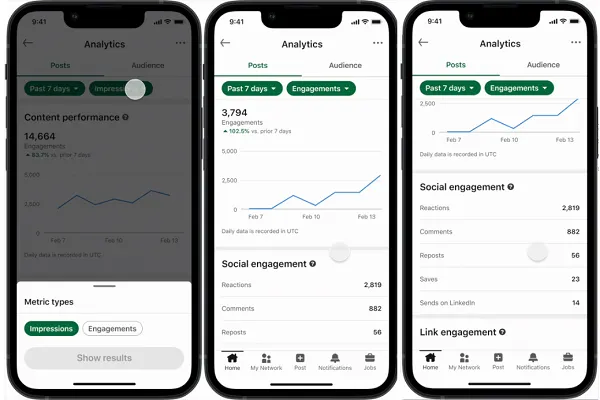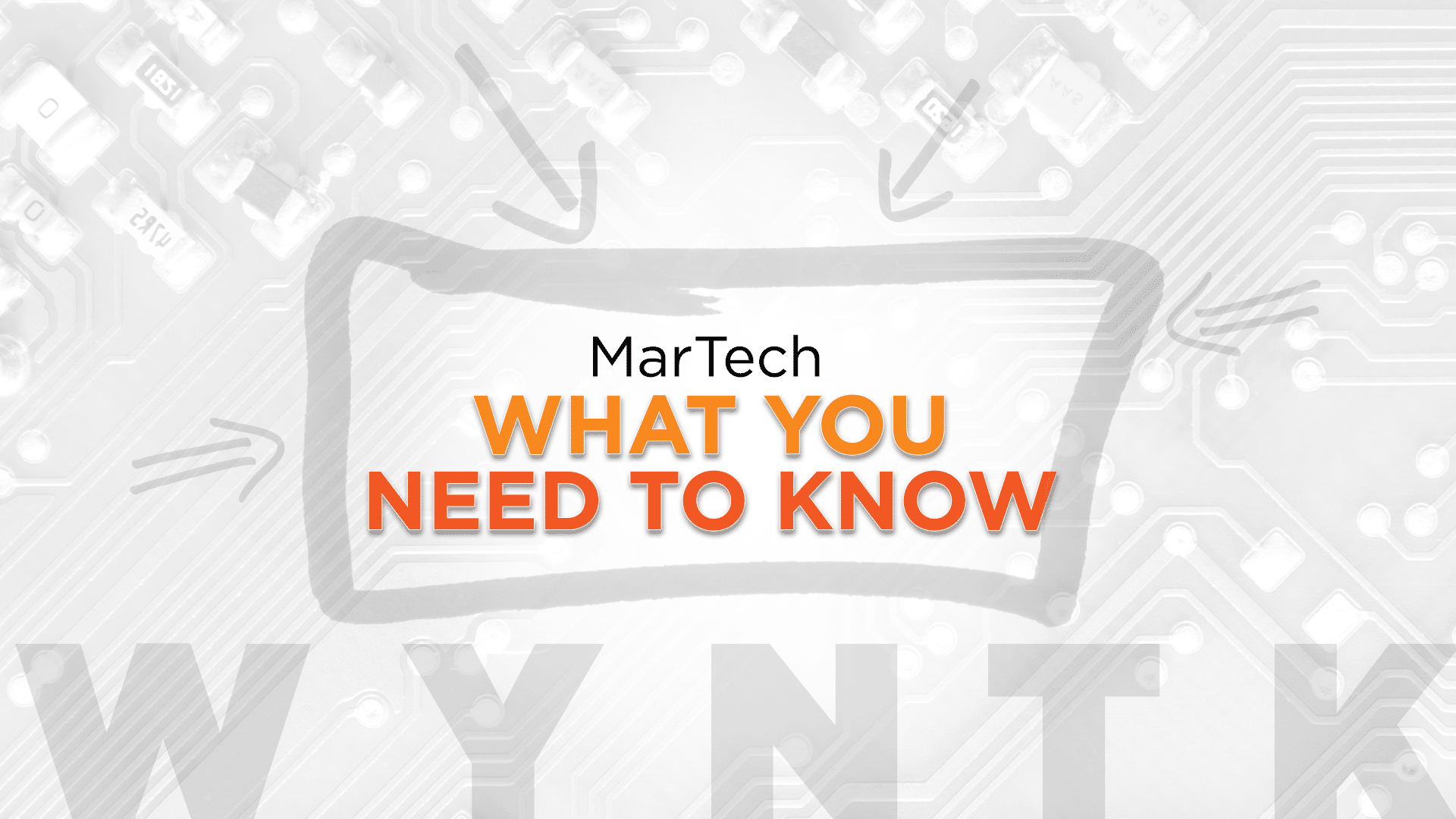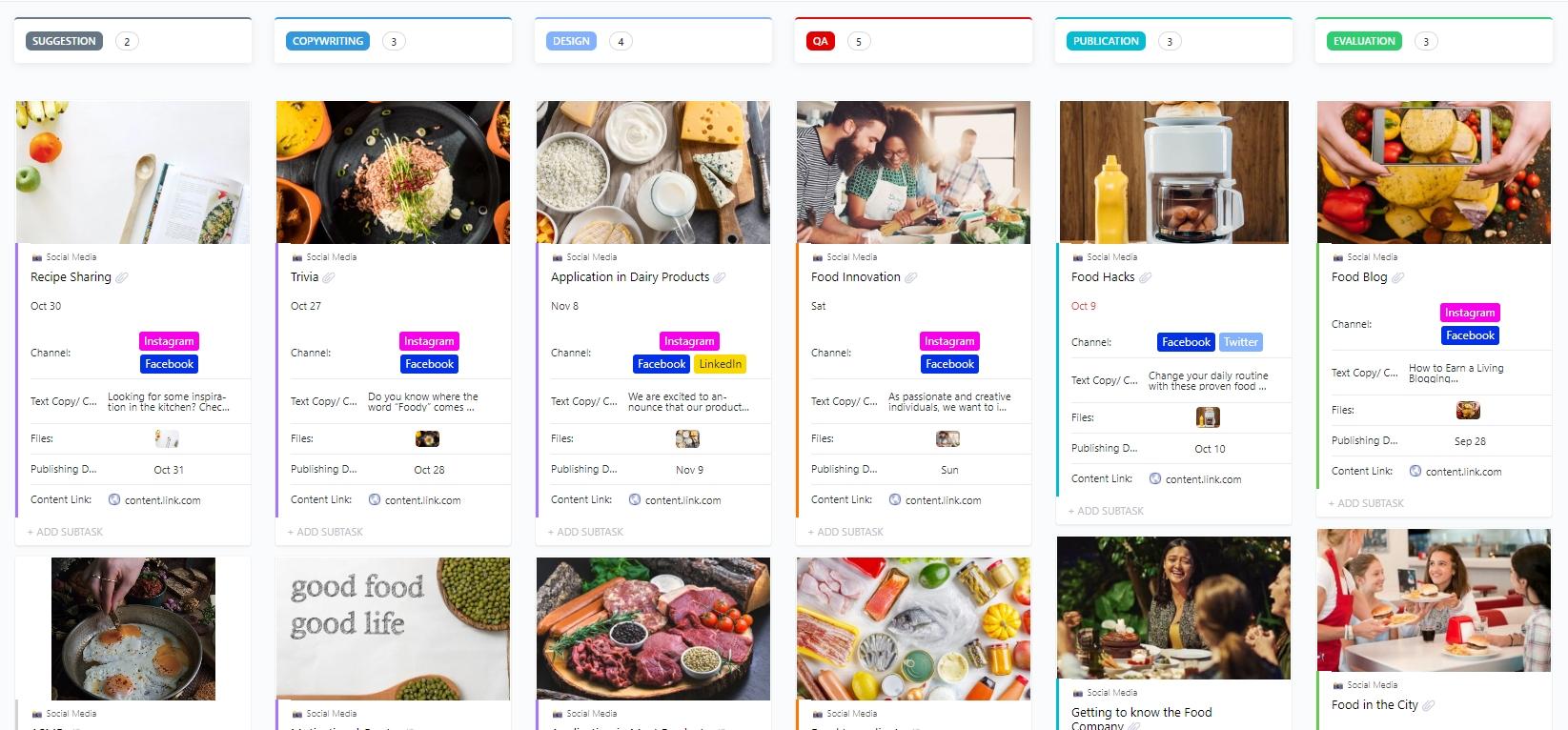#analytics
#analytics
[ follow ]
fromEntrepreneur
1 day agoHow to Turn Video Views Into Leads - Without Going Viral
Video content is one of the marketing channels with the highest ROIs out there, with 84% of marketers seeing increased sales. But for video content to be effective, businesses need to make data-driven decisions about where to invest resources - which platforms, what video formats, which topics. In all of this, there is a major pitfall: Vanity metrics, which tempt businesses into priorities that don't align with their overall business goals.
Marketing
fromAbove the Law
6 days agoHow Cleary Gottlieb Created A Virtuous Cycle With Tech - Above the Law
A Virtuous Cycle If a legal tech solution has a high degree of adaptability, customers can start small and gradually secure buy-in and expansion. Initial wins create a virtuous cycle, where success leads to growth, and this growth leads to more success. A Cleary Gottlieb team that includes members of its Knowledge Management and Business Development groups has implemented such a cycle at that firm.
Law
Data science
fromLondon Business News | Londonlovesbusiness.com
1 week agoZino by TopCaz: Most modern slot comparison tool - London Business News | Londonlovesbusiness.com
Zino standardizes slot data into structured, comparable formats as a neutral analytics layer on TopCaz, avoiding opinions or recommendations.
fromProPublica
1 month agoPrivacy Policy and Other Terms
The importance of privacy is something we know a little bit about at ProPublica (formally, Pro Publica, Inc.). We've covered the ways in which businesses and government have breached the privacy and trust of consumers and citizens, and we think hard about how we protect the privacy of our sources. We hold ourselves to a high standard on these issues. ProPublica is an independent, nonprofit newsroom that produces investigative journalism in the public interest.
Privacy professionals
fromThe Bootstrapped Founder
2 months agoUnlocking Your Software's Potential with a Flexible Data Model
My dear friend Jack Ellis is an unending source of founder inspiration. Not only has he recently started embracing AI agentic coding-something he's been holding back on for quite a bit. I think I've mentioned several times on this podcast alone how he and I seem to have quite opposing views on embracing this technology. But something has clicked, and he's been diving headlong into it. So over the next couple months, hopefully he'll explore it more, and after that, I've been trying to get him to come on this podcast and talk about his experiences. Let's give him time to explore it fully.
Startup companies
National Basketball Association
fromRaptors Republic
2 months agoAfter losing to the Knicks, Barnes and the Raptors face second test of their season
Toronto's hot stretch coincided with unusually low opponent three-point accuracy that likely combined defensive execution and some degree of shooting luck.
fromESPN.com
2 months agoArsenal, Bayern, Marseille? Lessons learned across Europe's top leagues after 10 games
We have officially reached the "nerd zone" of the 2025-26 European soccer season. It is said (by the nerds, of course) that it takes about 10 matches for expected goal (xG) figures to start telling you a semi-accurate, predictive story about a given team. We should probably think of that as more of a range of about eight to 15 games, but regardless, the European season has officially entered that range.
Soccer (FIFA)
fromEntertainment Page One
2 months ago5 Free Podcast Platforms Every Aspiring Creator Must Know | Entertainment Page One
Podcasting has exploded in popularity, and the good news? Starting your own show is easier than ever. You don't need expensive equipment or technical know-how-just a strong topic bank, solid branding, and growth strategy. The next step is choosing the right platform. Luckily, there are several free options that support your podcasting career from the ground up. Here's a breakdown of five top platforms you can use without spending a dime.
Online marketing
fromBattery Power
3 months agoBraves give Walt Weiss three-year contract, coaching staff unsettled, plus more
The team gave Weiss a three-year contract with a fourth year option. The team's coaching staff has not yet been determined. Alex Anthopoulos called it a "front-burner" priority. The decision to hire Weiss was made on Monday. Weiss indicated that he'd use information provided to help him as manager, when asked about leveraging analytics, also saying he had evolved with the game.
Atlanta Braves
fromMLB Trade Rumors
4 months agoTwins Make Cuts To Scouting Department
As Hayes mentions in the article, cutting down on pro scouts is a league-wide trend. He uses the Cubs as an example, linking to a November 2024 article from Sahadev Sharma and Patrick Mooney of The Athletic detailing that club's move to more analytics and less reliance on traditional scouting. Hayes writes that the Twins, like the Cubs, have been relying more on video in recent years with far less travel for in-person scouting.
Major League Baseball
fromDigiday
4 months agoWTF is headless browsing, and how are AI agents fueling it?
Headless browsers - the behind-the-scenes software that lets machines surf the web like people - were once the domain of quality-assurance testers and SEO agencies. But new AI-powered browsers launched this last year - like Perplexity's Comet and Browser Company of New York's Dia - are bringing new meaning to the term. These players are using headless browsers to power AI agents that need to click, scroll and interact with websites as a human would, to retrieve information.
Artificial intelligence
fromESPN.com
5 months agoNFL Week 1 is here! Key matchups, fantasy intel and predictions for the remaining 15 games
We have you covered with everything you need to know. Our NFL Nation reporters take you inside the locker room with the best thing they heard this week, and ESPN Research provides a key stat to know and a betting nugget for each contest. Plus, analytics writer Seth Walder makes a bold prediction for each matchup, and fantasy analyst Eric Moody shares fantasy football intel.
National Football League
fromComputerworld
5 months agoHow to make IT operations more efficient
Leadership can be a lonely position, and the writers of CIO.com often share insights designed to lighten the load. A good example is a recent article on IT management practices that are certain to kill IT productivity. It is a popular piece, and it prompted our CIO readers to ask the obvious opposite question: how does a manager increase productivity?
Productivity
Online learning
fromeLearning Industry
5 months agoLMS Administration: The Unsung Engine Of Enterprise Learning
Effective LMS administration transforms learning platforms into measurable, scalable, compliant systems that enable impact-driven L&D through governance, automation, and data-driven operations.
fromInfoQ
6 months agoCloudflare Chooses PostgreSQL Extension over Specialized OLAP for 100K Row/Second Analytics
The default and most commonly used table engine in ClickHouse, MergeTree, is optimized for high-throughput batch inserts. It writes each insert as a separate partition, then runs background merges to keep data manageable. This makes writes very fast, but not when they arrive in lots of tiny batches, which was exactly our case with millions of individual devices uploading one log event every 2 minutes.
Software development
fromBusiness Matters
6 months agoData Security Posture Management - The Next Big Data Solution Your Business Needs (And How to Get Started)
Data security posture management (DSPM) offers a solution to effectively manage the increasing volume of data, ensuring a unified view and compliance across platforms.
Data science
[ Load more ]













